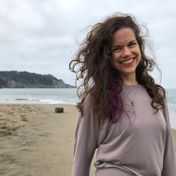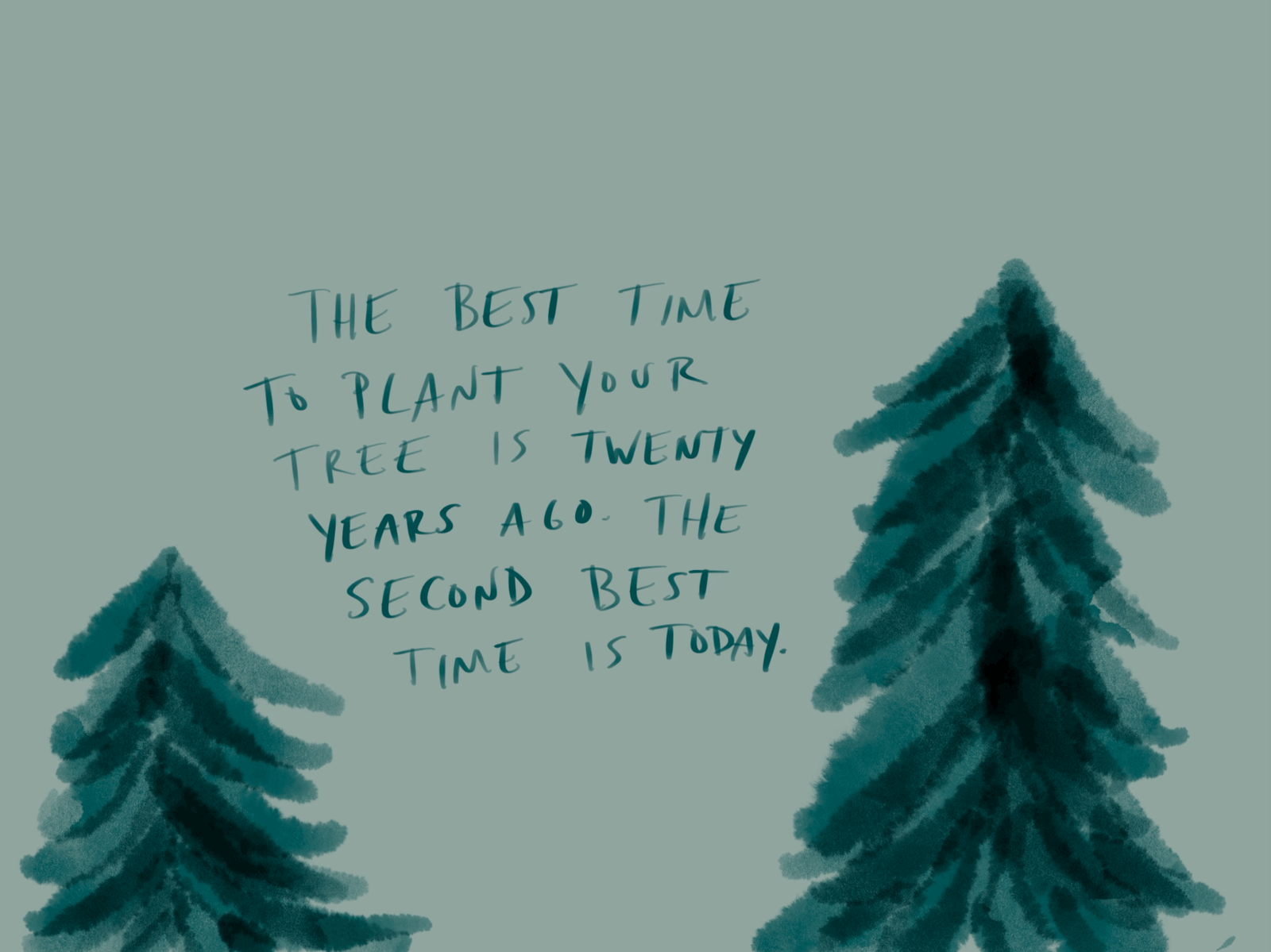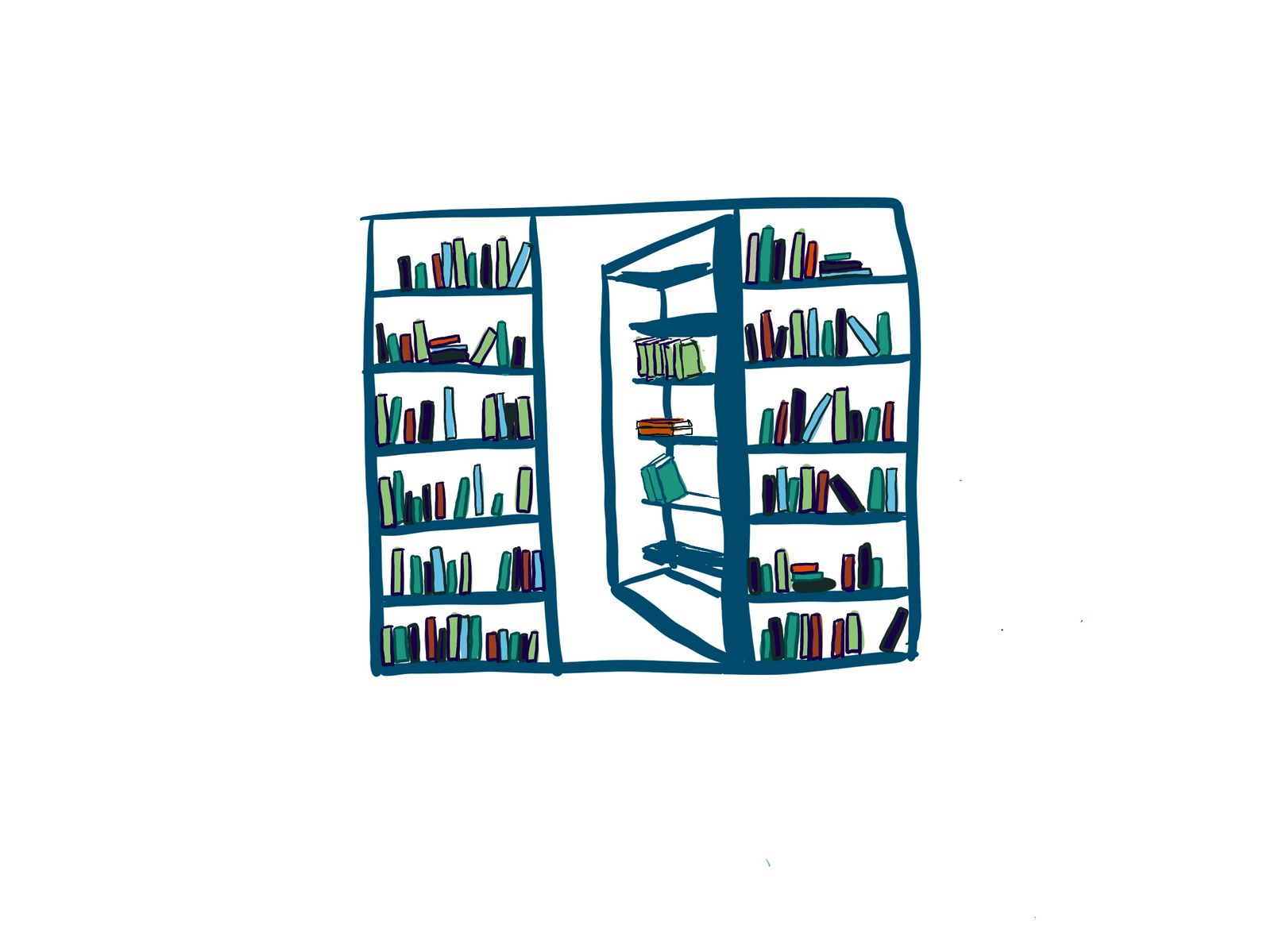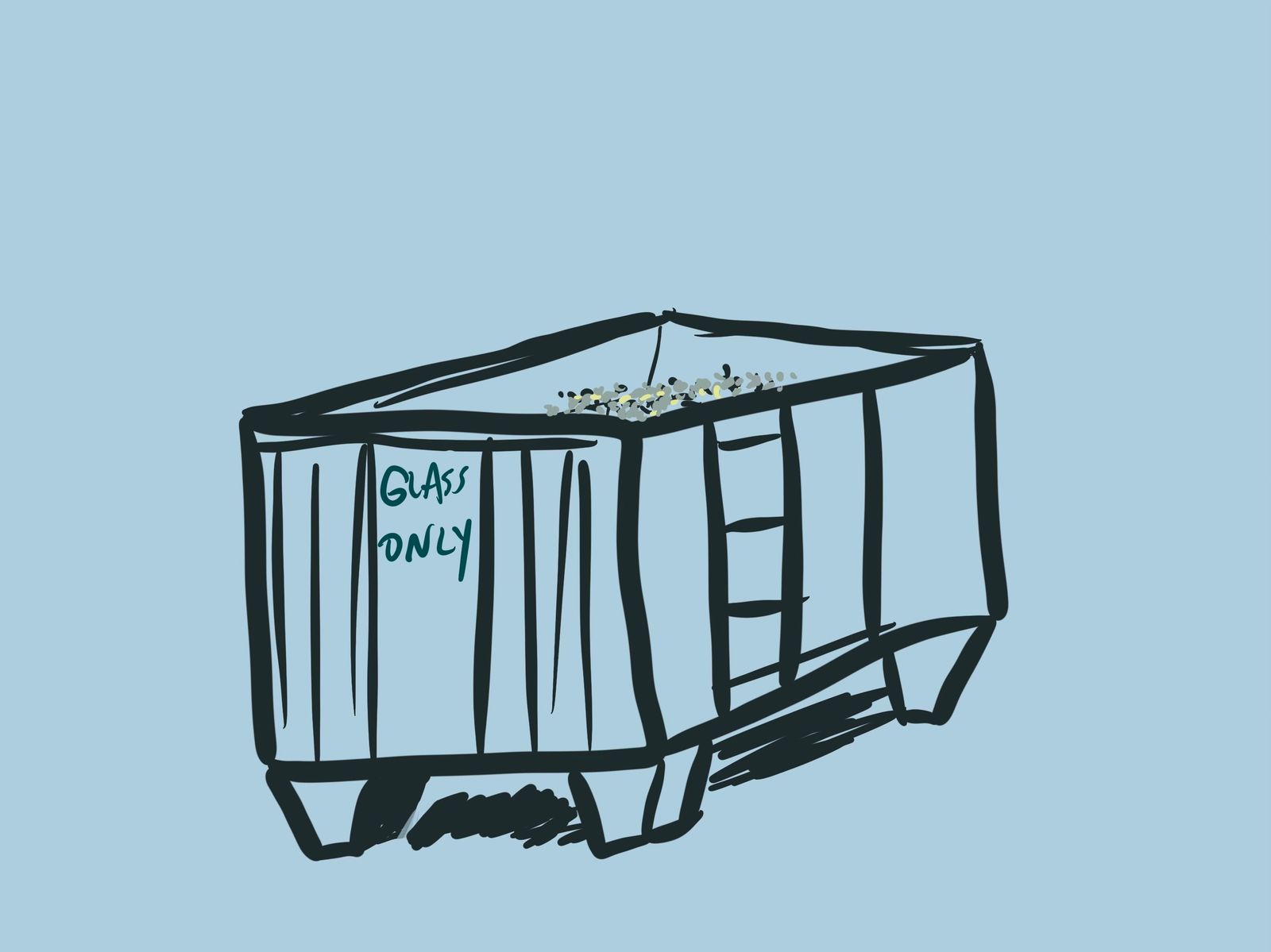When Connor was a toddler, for months, he did not walk or stand or even crawl. He was having his first arthritis flare; I didn't know that then, he wasn't diagnosed until 4 years later. During that time, my parenting objectives departed from many of my peers, who fretted over their young toddlers as they learned to climb and run.
"Be careful," I'd hear them say on the playground over and over again.
"Not so high."
"Come down from there."
They parented, as we all do, for safety, letting their kids know where the boundary lines were.
But I had to parent for daring.
"You can do it, buddy. You have to."
"Go one higher."
"Don't stop. Just keep going."
Connor's pain stalled the innate drive that toddlers have to master whatever new motor skill is up next on their developmental docket. If I had not consistently pushed him when he balked, if I'd let him sit and rest as he wanted to and avoid doing the painful, hard things, the damage to his growing bones, I know now, would have been swift and permanent.
He would've been comfortable and safe. But he would also have been stuck and possibly impaired.
I've been stuck before.
I've been stuck in self-pity, in self-doubt, in unforgiveness, in fear, in anxiety, in other people's expectations, in bad relational patterns.
It's easy to get stuck. It feels safe. Here, here are my limits, my sins. I may as well live within them, accept them, maybe even love them and let them define me.
And yet, we are called to be overcomers.
We are called by the One who overcame the world to break through our limits and out beyond them, out toward freedom and healing and a difficult and glorious calling. We are called to build our identities as God's children, fearless and loving. Ever-growing and abiding, maturing. That sort of human identity is not a fixed position. It's very fluid, very unstuck. We aren't the unchanging ones--He is.
There's a price for this: it's pain and monotonous hard work.
I had to make Connor crawl over my legs when he wasn't walking.
"You're making him cry," my Mom lamented.
"This is the only way he's going to get better," I'd say, parroting the physical therapist and hoping against hope she was right.
"Do it again, Connor."
And again. And again. For days and weeks and months until he was walking then running.
I made him do things that hurt because I loved him. Because it was good for him. Hurt isn't the same as harm; the hurt was temporary and intended to aid his healing. Pain was the only way he would overcome and get unstuck so he could keep growing and move freely.
I was calling him out of the position that his pain kept him in--a position where he was comfortable, but where it was damaging for him to remain. I called him again and again. We did the same work over and over until he mastered the skill. Until he was healed and walking.
Jesus does the same thing in me in the small hours of the morning.
The work of sanctification is tedious and painful and boring. But this is what love does. It heals and redeems through pain.
I say "Let's be overcomers. We can be more than conquerers" to my kids all the time without ever really thinking about it, usually before we're about to storm Costco for a bulk grocery run or as I try to marshal everyone toward bed.
At the heart of my parenting philosophy, at the heart of my faith, is this: we grow. When things get hard, we push. We press onward. Even if we must go slowly, even if the outcome is unclear and uncertain, and the present obstacle seems insurmountable, still, we go.
When Connor was a toddler who wasn't toddling, I didn't feel like we were overcoming anything in the small daily disciplines we worked through to get him walking again. It felt impossible, like I had a kitchen broom to sweep back the ocean waves. Getting stuck in discouragement or despair would've been easy and comfortable. I learned then that things feel impossible until you do them; then, suddenly, once you've done them, they become possible. Bit by bit, it came. First he had to kneel, on both sides. Then climb stairs--this took months. Then he had to learn to stand with support and then stand freely--this took weeks. Then step by step, one week he had to walk 10 steps, then 20, then 50, until he could do it without thinking and I could stop counting his steps to report to the physical therapist every week.
This is how all things grow and impossible things become possible: not all at once in a flash, but bit by painstaking bit over time.
We go on long walks now, in the crisp Autumn afternoons. He takes his little sister by the hand and runs with her, stomping on fallen leaves just to hear them crunch. Their peals of laughter reach me, they've run ahead of me in their game. His face flushed and his eyes bright, "Did you see that, Mommy?" Josie strains at his hand, leading him on, to keep the game going.
I will always see it, little boy. I will always marvel at it. We worked hard so you could run with the thoughtless, joyful abandon of childhood.
The call of God never keeps people stuck; always, we are called to move on or grow up in some meaningful way again and again, deeper still. He calls us to work through the pain and push through our limits so we can dare to run into his presence with thoughtless and joyful abandon.





